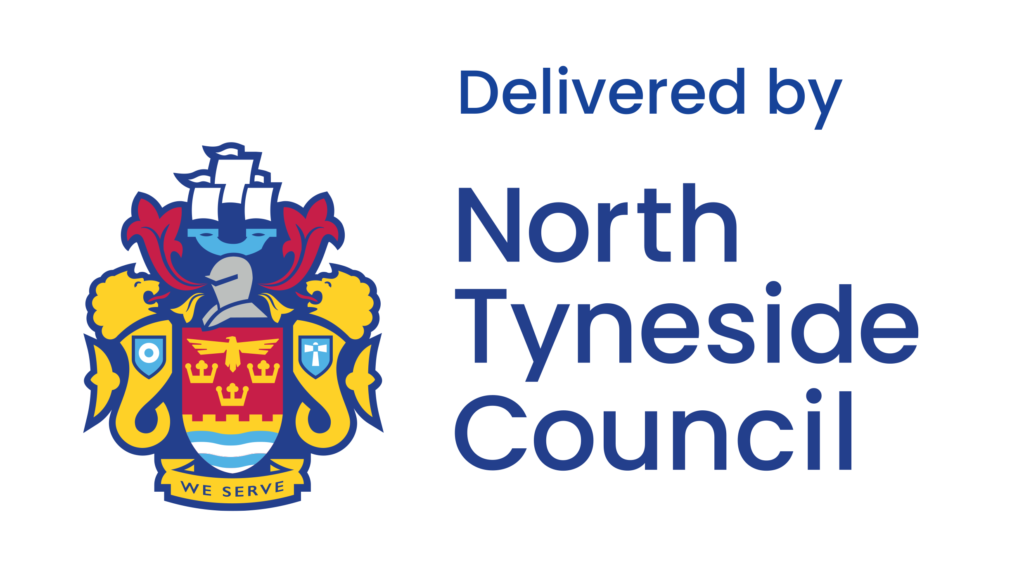Care Worker
A care worker is perfect if you can work independently, prioritise your tasks, and possess strong listening and communication skills. Additionally, you should be able to understand and follow policies and procedures, and have good writing skills for completing care plans.
Care workers can be employed in various settings, including care homes, individuals’ homes, or within the community. You may work with a diverse range of individuals, such as adults with learning disabilities, physical disabilities, substance misuse issues, mental health conditions, and older adults.
Day-to-day activities
Your daily tasks will depend on the needs of the person you’re caring for.
You could work at an adult care home, at a client’s home or stay overnight at people’s homes. Your working environment may be physically and emotionally demanding, and you may need to wear a uniform.
- Supporting people with social and physical activities as well as basics such as eating and drinking.
- Booking and accompanying people at appointments.
- Assist with personal care.
- Monitoring individuals’ conditions by taking their temperature, pulse, respiration and weight, and possibly helping with medication.
- Support their physical and mental well-being through activities

Requirements for the role
Skills
What you’ll need:
- Kindness, patience and compassion.
- Good English, numeracy and writing skills.
- Your ability to understand and follow procedures.
- Strong organisational and time management skills.
- Good communication and listening skills.
- An enhanced DBS (Disclosure and Barring Service) check would be required.
Your induction will include necessary training such as health and safety, first aid and moving and handling. Additional specific training such as autism awareness, communication skills or working with people with dementia may be offered.
Qualifications
You may also need:
- GCSE A-C in English and Maths.
- A social care qualification such as Level 2 or 3 Diploma in Health and Social Care.
Don’t worry if you don’t have these qualifications – if you’re interested in getting them, you can work towards them once you start the job.
Training & Progression
You can also benefit from:
- Informal training & education.
- Formal qualifications such as a Diploma in Health and Social Care (up to Level 5) or specialist subjects like dementia care, communication skills and team leading.
- Over 50 vocational qualifications at all levels including topics such as dementia care, communication skills and team leading.
- Opportunities to progress and develop in adult social care and specialise in a certain area or take on more responsibility.
When you first start working in care, you’ll do an induction which should include the Care Certificate. You’ll also undergo basic training such as health and safety, first aid, and moving and handling. You might also receive specific training based on what the person you’re caring for needs.
With experience, you can become a lead care worker. You can also move into more senior jobs, like managing people or services, if you get further qualifications.

